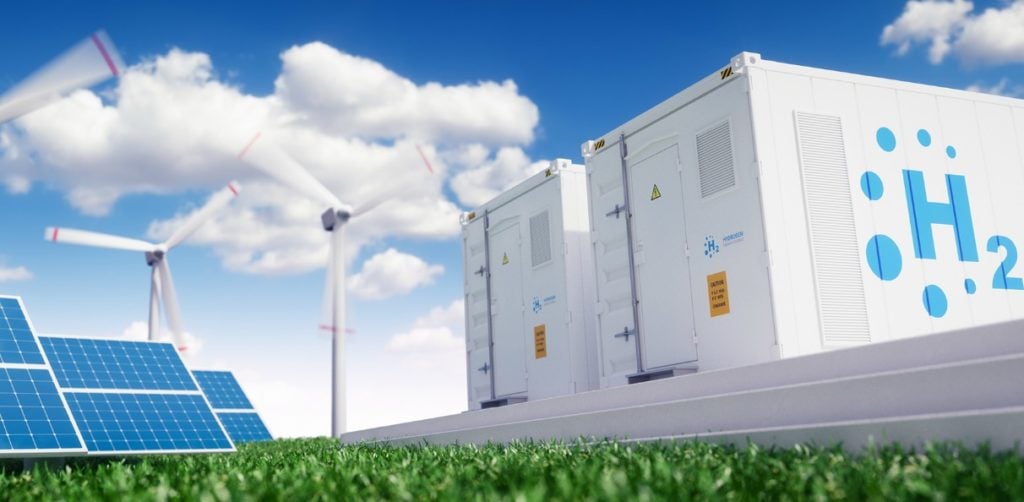
EDP, Iberdrola and BayWa r.e. are among the signatories of a new charter that calls on Europe to “accelerate and massively deploy” additional renewables capacity to support the continent’s green hydrogen ambitions.
The charter from the Renewable Hydrogen Coalition – which was founded by SolarPower Europe and WindEurope last November – said this ramp-up entails strengthening and modernising EU grids as well as accelerating and standardising permit procedures for the deployment of clean energy projects.
Unlock unlimited access for 12 whole months of distinctive global analysis
Photovoltaics International is now included.
- Regular insight and analysis of the industry’s biggest developments
- In-depth interviews with the industry’s leading figures
- Unlimited digital access to the PV Tech Power journal catalogue
- Unlimited digital access to the Photovoltaics International journal catalogue
- Access to more than 1,000 technical papers
- Discounts on Solar Media’s portfolio of events, in-person and virtual
Or continue reading this article for free
The coalition brings together trade bodies, start-ups, investors, companies and industrial offtakers with an ambition to make Europe the world leader in renewable hydrogen.
While the charter says renewables-based electrification is the most cost-effective decarbonisation option, some sectors cannot be electrified for cost or technical reasons, meaning clean hydrogen “is the necessary link” for Europe to fully decarbonise its economy, tapping into its solar and wind potential.
The European Union’s (EU) green hydrogen strategy targets the installation of at least 6GW of renewable hydrogen electrolysers by 2024. The roadmap calls for hydrogen to become an “intrinsic part” of Europe’s energy system between 2025 and 2030, with at least 40GW of renewable hydrogen electrolysers needed by the end of the decade.
Signatories of the Renewable Hydrogen Coalition charter – which also include Enel, SMA Solar Technology, Fronius International and Wacker Chemie – say they “stand ready” to make the EU’s ambitions a reality.
As technology matures, rapid scale-up and deployment is required to ensure the economic viability of clean hydrogen, according to the charter, which suggests introducing mechanisms such as contracts for difference and increasing support for research and innovation.
The coalition’s supporters also call on policymakers to establish lead markets in sectors that would benefit most from renewable hydrogen solutions. These include existing hydrogen users and hard-to-electrify sectors, including heavy industry and energy-intensive transport, such as aviation and shipping.
Publication of the charter comes amid growing industry collaboration in the H2 space that has seen the formation of initiatives such as the HyDeal Ambition, the Green Hydrogen Catapult and the European Green Hydrogen Acceleration Center.
Analysis from IHS Markit predicts that global investments in renewable hydrogen are on track to exceed US$1 billion by 2023 as production costs continue to decline. The research firm estimates that green hydrogen costs could drop below US$2/kg by 2030, when it could compete with fossil fuel-produced H2.
